McKinstry’s Ailene Limric on Trailblazing Paths for Future Generations
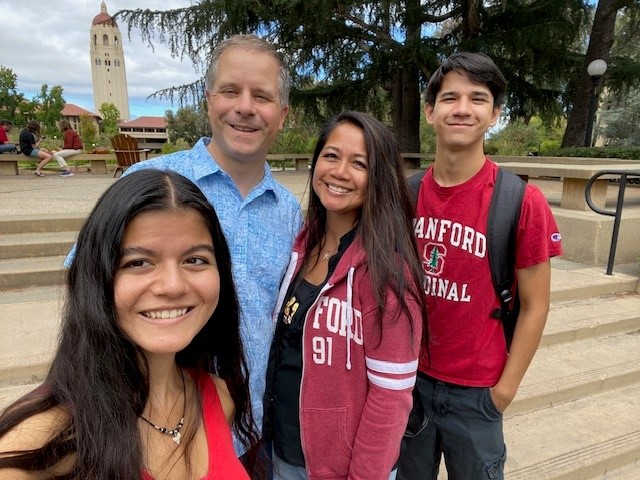
A second-generation Filipino American, Ailene Limric, senior legal counsel, juggled parenthood and career while attending law school to achieve a long-held dream of becoming an attorney.
“I’m in awe of the trailblazers who have come before me and I think, gosh, what can I do to be that person for someone else?”
Learn more about Ailene’s career at McKinstry and her reflections on Asian American and Pacific Islander Heritage Month.
Learn More About Ailene
As a senior counsel, I assist our project teams and business unit managers with anything that would fall under the broad umbrella of insurance, in addition to overseeing all workers compensation claims. I recently celebrated my 10-year anniversary with McKinstry this month!
Prior to McKinstry, I worked for the Washington State Attorney General’s office, representing the state of Washington in workers compensation litigation, which is where I got the initial experience and exposure to that area of the law. When I was looking for new employment, I learned McKinstry was looking for someone with this type of experience and background. It seemed like a perfect fit for me.
I had a gist of what I was good at early on. I knew I liked taking complicated things and sorting them out. I had to do that many times for my own parents for whom English was their second language — helping with paperwork or explaining procedures.
In junior high, a teacher might have jokingly said I should think about being a lawyer. I took that as a compliment but didn’t see it as an option initially. Growing up, my image of what an attorney looked like was never me. I didn’t see a woman or especially a brown woman depicted as an attorney. I didn’t think of the reality of becoming an attorney as a true option until much later in life.
I had several different careers after graduating with my BA in business administration including as a financial advisor, a retirement plan consultant and a business operations analyst supporting production of commercial airplanes. A former employer offered financial support to pursue further education, which I used to earn an MBA. It eventually dawned on me that between the support of my husband and that employer, I no longer had an excuse not to go to law school.
I approached this long-held goal step by step — taking the LSAT, applying to law schools, taking and passing classes. Working and going to law school was my full existence for three years.
It took a long time, but I’m grateful that I had the ability and the support to circumvent all the barriers in my mind keeping me from becoming an attorney. I was able to have that dream finally come true.
I see a lot of effort on McKinstry’s part to build a workforce that reflects the community we operate in. Being Filipino American myself, I’m happy to see more people of color being hired, promoted and helped professionally to grow here.
The efforts McKinstry has put forward in diversity, equity and inclusion are heartwarming to me because it’s one thing for a company to say certain things, but McKinstry actually makes a true effort to fulfill those aspirations.
In addition to my normal day-to-day being a valued partner to my teammates, one of the things I’m hoping to do during my time here at McKinstry is to support these efforts. I want to continue to see people who look like me in key positions.
I graduated from the Seattle University School of Law in 2009 when the economy took a huge hit. It was a difficult time, and I was concerned about being able to transition from a non-legal job to working as a practicing attorney. That’s when I learned about the Filipino Lawyers of Washington (FLOW). This was fantastic because during law school I didn’t really see other Filipinos in my classes and had no connections in the legal community. This group was open and welcoming and made themselves available as resources for job leads and for general advice. They also shared my passion for community and wanting to reach out to other Filipino Americans who might potentially want to become attorneys.
I joined the board in 2010 and have been there ever since, trying to do the same thing the organization did for me, providing newly graduated law students with an open, welcoming community to get familiar with the legal community and gain support as needed.
I think it’s important to have role models so young people can see and know the world is open to them. The world of the legal profession has for too long has been a very high barrier. I feel very fortunate in having stumbled across this resource. I like to do everything I can to help pay it forward.
Reflecting on the experience of Asian Americans and Pacific Islanders — going back to our elders and hearing their stories and recalling our own individual journeys and roots. Recognizing all of that and being able to celebrate it on a national stage is of great importance because we recognize that this Asian American experience is actually American history.
I’m in awe of the trailblazers who have come before me and I think, gosh, what can I do to be that person for someone else? Through FLOW, I’ve been able to meet leaders who helped me along my path.
There’s a local attorney, now recently retired, who took me under her wing very early on. She’s someone who’s very well known in the Filipino community and the Asian community in general and had been practicing law in Seattle for decades. She was the person who introduced me to everyone, helped me make connections and lifted me up. She celebrated my accomplishments and shouted them out to people when I might not otherwise feel like it was right or appropriate.
And now I’m at a stage in my career where I can step up and do that for other people. I still feel like there’s so much room for professional growth. Part of that is being someone who a younger attorney can look to as a support and inspiration. That’s something I’m now trying to do for others. That would be a true stamp of success.
It’s extremely important for companies to make efforts to exemplify the communities they operate in. Our Seattle office is located in Georgetown, which is highly diverse. McKinstry is doing a great job looking for identifying, hiring and retaining individuals that reflect the community.
I’m also proud that McKinstry is making huge strides to connect and educate other business owners with McKinstry through our vendor diversity program, which is a resource to bring these businesses up to speed in working with a company the size of McKinstry.
In addition to just seeing more people within McKinstry in key positions that are people of color, I’m excited about McKinstry having valued business partners that are also are owned by people of color and women and may be newly established.

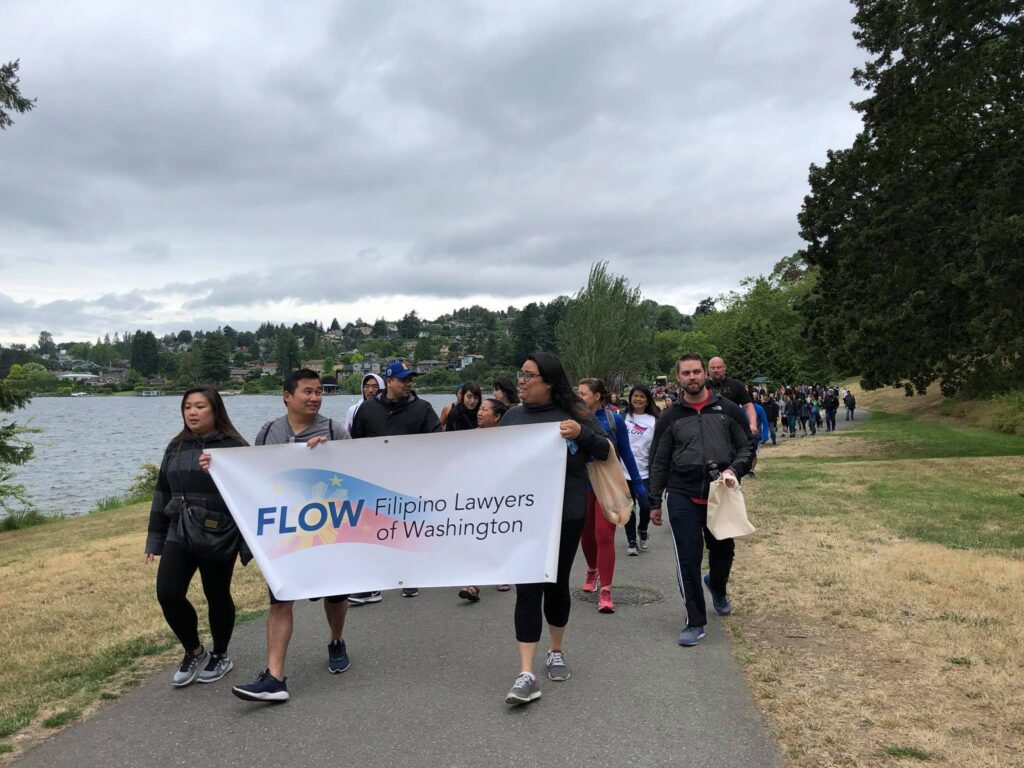
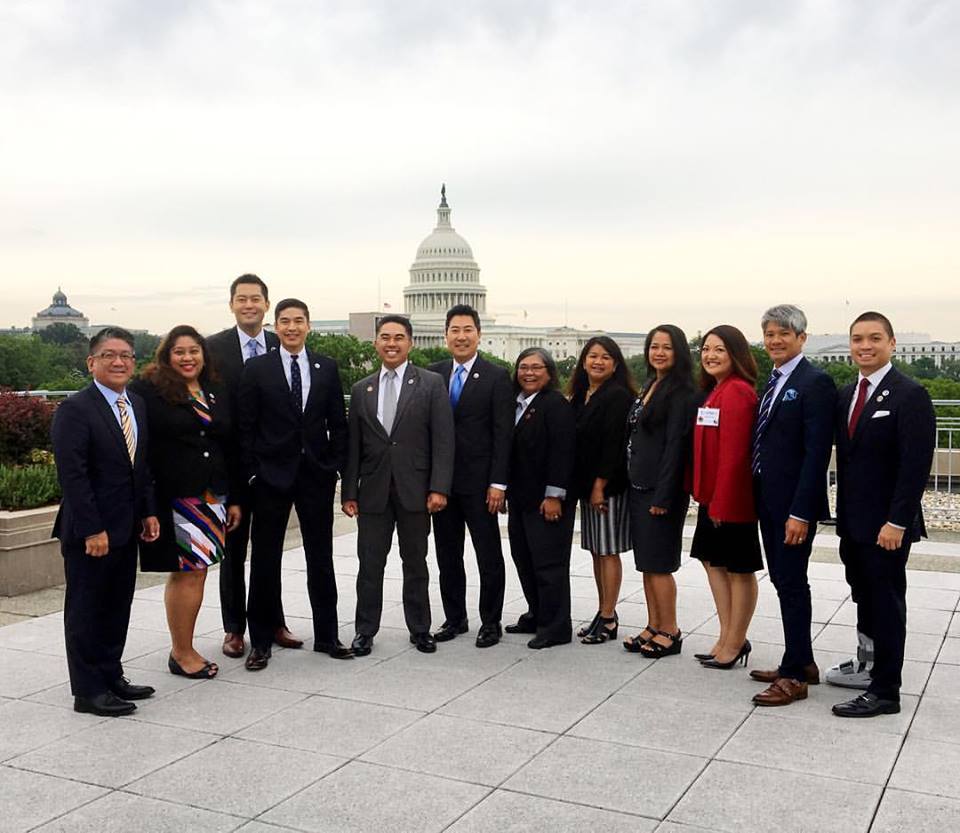
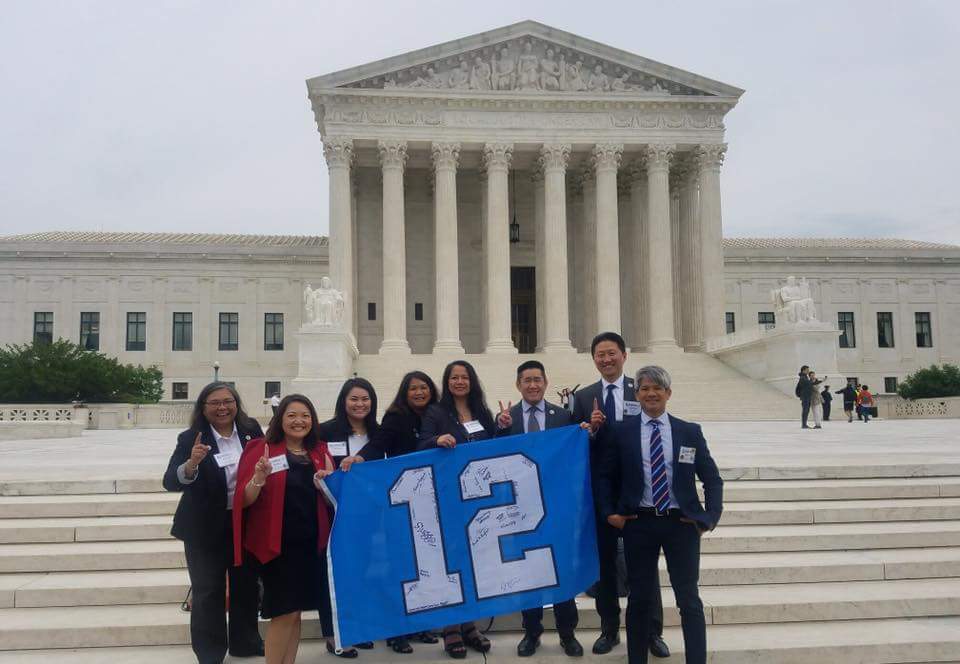
Explore Other Insights

Dawson Ventures’ Lab Space
McKinstry’s new lab space redefines how we innovate and collaborate in the built environment. Located at our headquar…
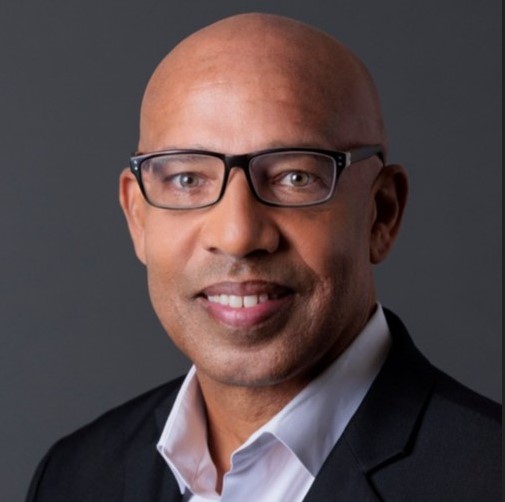
McKinstry Adds Expertise to Environmental Health and Safe…
When speaking of what led Stephen to the world of Environmental Health and Safety (EHS), the first thing that comes t…
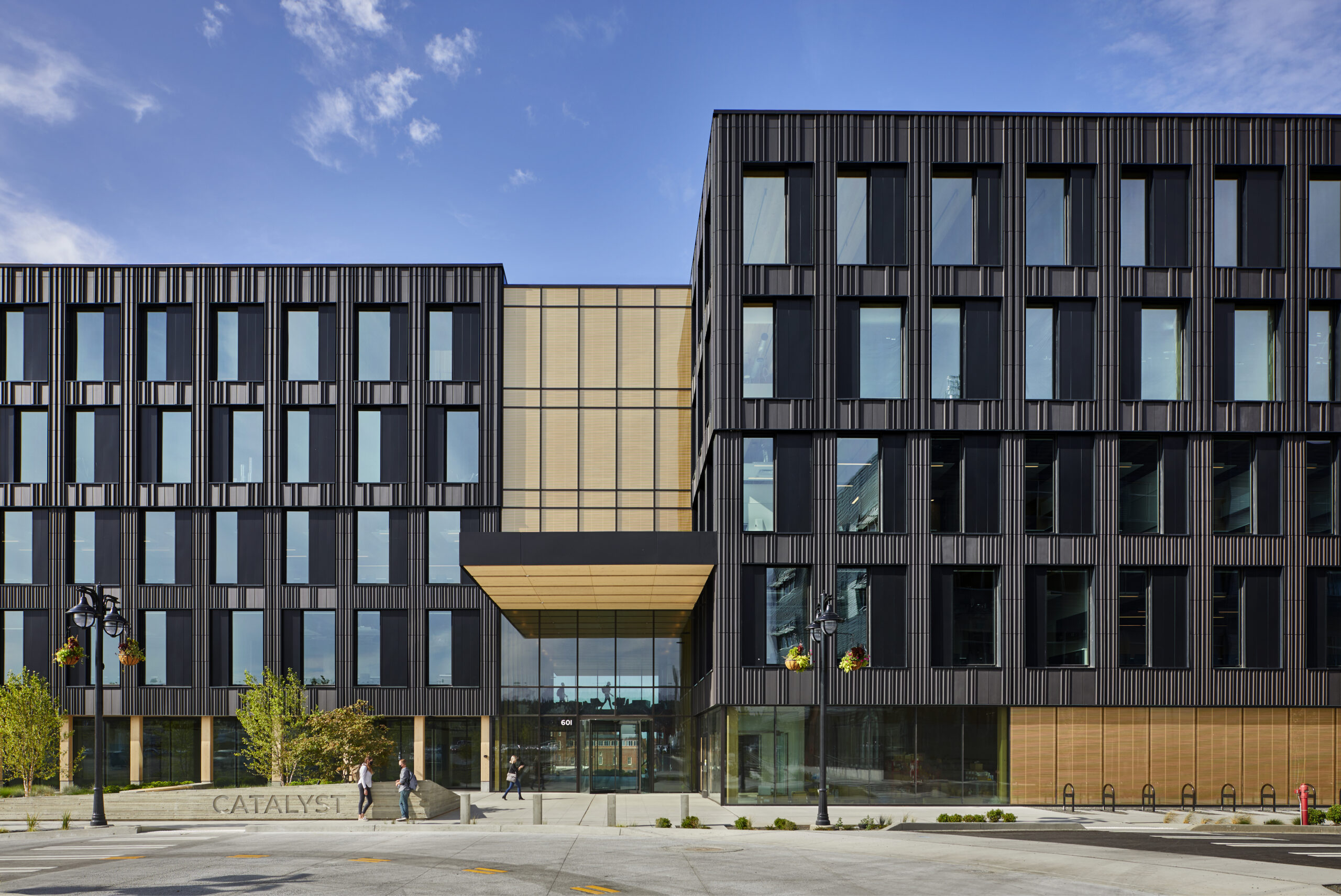
Industry Ecosystems Are Changing the Construction World
By Donald Chung, Program Director, Dawson Ventures Innovation Is Set To Transform the Construction Sector Innov…